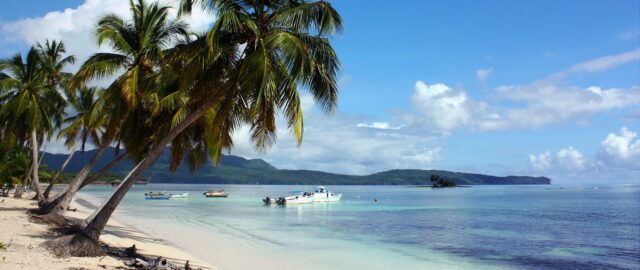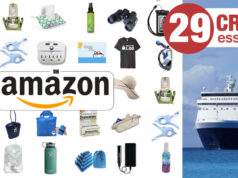In this article, you will learn important tips and strategies to prevent illness when traveling to tropical destinations. From maintaining proper hygiene practices to staying hydrated and applying mosquito repellent, we will cover all the essential steps you need to take to stay healthy on your vacation. By following these guidelines, you can enjoy your trip without worrying about falling ill and make the most of your time in paradise.
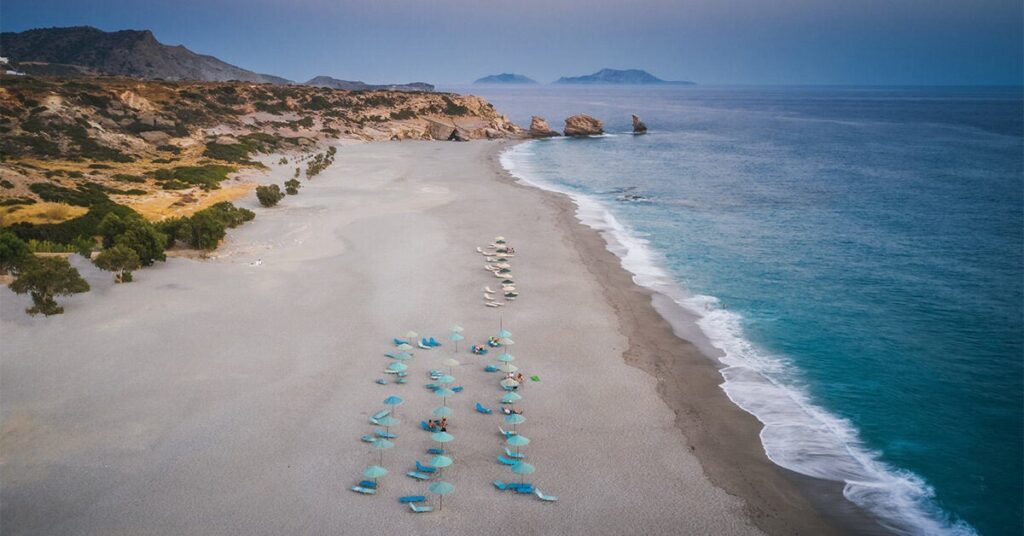
This image is property of post.healthline.com.
Preparation before Travel
Getting Vaccinations
Before traveling to a tropical destination, it is crucial to ensure that you are up to date on all necessary vaccinations. Different countries and regions may have specific vaccination requirements to protect against diseases prevalent in those areas. Consult with your healthcare provider or visit a travel clinic to determine which vaccinations are necessary for your destination. Common vaccinations for tropical destinations include hepatitis A and B, typhoid fever, and yellow fever. It is important to get these vaccinations well in advance of your trip, as some may require multiple doses or take time to become effective.
Researching Local Health Risks
Every tropical destination comes with its own set of health risks, and it is essential to be aware of them before you travel. Research the specific health risks for your destination, such as mosquito-borne diseases like malaria, dengue fever, or chikungunya. Find out if there are any outbreaks or health advisories in the area and take necessary precautions to protect yourself. Being knowledgeable about the local health risks will help you plan and take necessary preventive measures to keep yourself healthy during your tropical getaway.
Packing First Aid Kit
It is always wise to pack a well-stocked first aid kit when traveling to tropical destinations. While you hope that you won’t need it, it is better to be prepared for any unexpected situations. Your first aid kit should include items such as adhesive bandages, antiseptic wipes, gauze pads, moleskin for blisters, tweezers, pain relievers, and any necessary prescription medication. It is also helpful to carry insect repellent, sunscreen, and any personal medications that you may need. Having a first aid kit on hand will give you peace of mind and ensure that you can handle minor medical issues that may arise.
Safe Food and Water Practices
Choosing Safe Restaurants
When dining out in tropical destinations, it is important to choose restaurants that prioritize food safety and hygiene. Look for establishments with good reviews and high sanitation standards. Avoid eateries that appear unclean or lack proper refrigeration. It is also a good idea to opt for restaurants that serve freshly cooked food and have a high turnover rate, as this reduces the chances of food being contaminated or left out for a long time.
Avoiding Street Food
While street food can be incredibly tempting and offer a taste of the local cuisine, it carries a higher risk of foodborne illnesses. Unless you are confident in the vendor’s hygiene practices and food handling, it is best to avoid street food. Consuming undercooked or improperly prepared street food can lead to digestive issues that can quickly spoil your tropical vacation.
Drinking Bottled Water
One of the primary concerns in tropical destinations is the quality of drinking water. Tap water in many tropical regions may not be safe for consumption due to the presence of bacteria, viruses, or parasites. To stay hydrated and prevent waterborne illnesses, always opt for bottled water. Ensure that the bottle is properly sealed before purchasing it, and be cautious of any signs of tampering. It is also wise to use bottled water for brushing your teeth and rinsing fruits and vegetables.
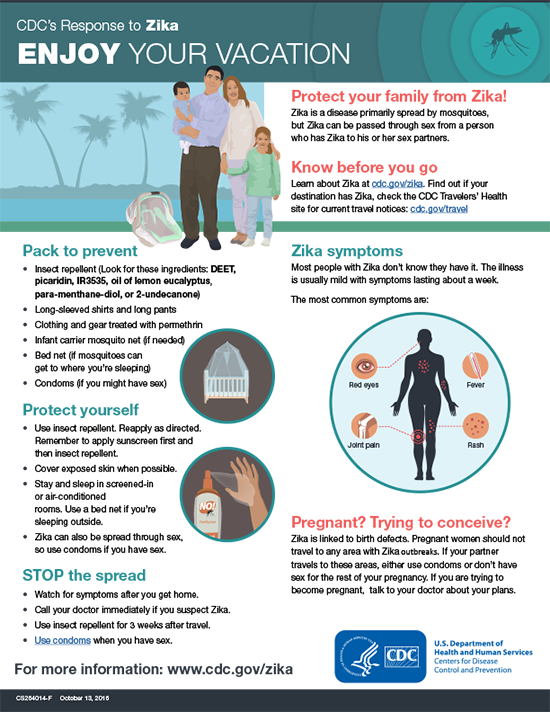
This image is property of wwwnc.cdc.gov.
Protecting against Insects
Using Insect Repellent
In tropical destinations, the risk of mosquito-borne illnesses is high. To protect yourself from mosquito bites, use an effective insect repellent containing DEET, picaridin, or oil of lemon eucalyptus. Apply it to exposed skin and reapply as directed by the product’s instructions. Remember to pack and use mosquito repellent even during daytime, as some mosquito species are active throughout the day.
Wearing Protective Clothing
Another way to avoid mosquito bites is by covering up exposed skin with long-sleeved shirts, long pants, and socks. Choose lightweight and breathable clothing to stay comfortable in the tropical weather. Additionally, consider treating your clothing with permethrin, an insecticide that repels and kills mosquitoes. This added layer of protection can significantly reduce your risk of getting bitten.
Sleeping under Mosquito Nets
If you are staying in accommodations without air conditioning or with open windows, it is important to sleep under a mosquito net. Mosquito nets can provide a physical barrier between you and the biting insects, ensuring a peaceful and restful night’s sleep. Make sure the net is properly tucked in and does not have any holes that mosquitoes could enter through.
Staying Hydrated
Drinking Sufficient Water
In tropical destinations, it is crucial to stay hydrated, especially in hot and humid climates. Drink plenty of clean, safe water to replenish fluids lost through sweating. Dehydration can lead to fatigue, dizziness, and even heat stroke, so make it a priority to drink water regularly throughout the day.
Avoiding Excessive Alcohol
While it can be tempting to indulge in alcoholic beverages while on vacation, excessive alcohol consumption can dehydrate your body. Alcohol can also impair your judgment and decision-making abilities, putting you at higher risk for accidents or making poor choices. Limit your alcohol intake and alternate alcoholic drinks with water to stay properly hydrated.
Using Rehydration Solutions
If you do find yourself experiencing symptoms of dehydration, such as excessive thirst, dry mouth, or reduced urine output, it is important to rehydrate promptly. An oral rehydration solution (ORS) can be a lifesaver in such situations. ORS packets are readily available at pharmacies and can help restore the body’s electrolyte balance. Follow the instructions on the packet to mix the solution properly and drink it to replenish lost fluids and electrolytes.
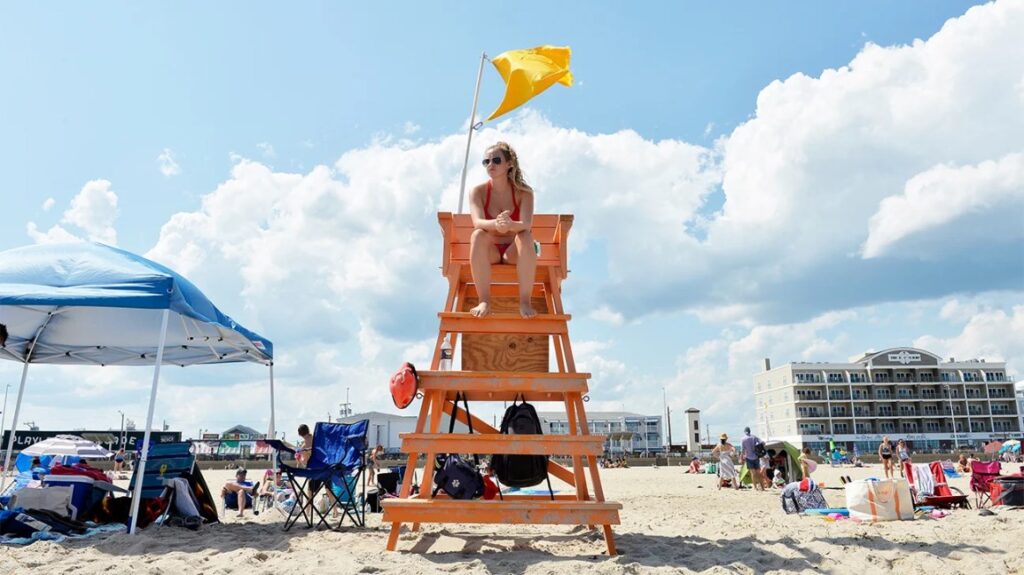
This image is property of i0.wp.com.
Keeping Personal Hygiene
Washing Hands Regularly
Maintaining good personal hygiene is essential to prevent the spread of diseases in any destination, especially in tropical areas. Wash your hands thoroughly with soap and clean water before eating, after using the restroom, and after touching any potentially contaminated surfaces. Proper handwashing is one of the simplest yet most effective ways to prevent the transmission of germs.
Using Hand Sanitizer
In situations where soap and water are not readily available, use an alcohol-based hand sanitizer. Carry a travel-sized bottle with you and use it to sanitize your hands when necessary. Remember that hand sanitizer should not be a replacement for proper handwashing but can be used as a backup option to keep your hands clean.
Avoiding Sharing Personal Items
Sharing personal items, such as towels, razors, or toothbrushes, can increase the risk of spreading infections. To minimize this risk, avoid sharing personal items with others, even with close friends or family members. Pack your own hygiene essentials and ensure that they are stored in a clean and hygienic manner.
Sun Protection
Applying Sunscreen
When traveling to tropical destinations, it is essential to protect your skin from the sun’s harmful UV rays. Apply a broad-spectrum sunscreen with an SPF of 30 or higher to all exposed skin, including face, neck, arms, and legs. Reapply sunscreen every two hours, or more frequently if swimming or sweating excessively. Don’t forget to cover often-missed areas such as the ears, back of the neck, and tops of the feet.
Wearing Sun Hats and Sunglasses
In addition to sunscreen, wearing a wide-brimmed hat and sunglasses can provide extra protection against the sun. A hat with a brim that shades your face, neck, and ears can help prevent sunburn and reduce the risk of heatstroke. Sunglasses with UV protection will shield your eyes from harmful rays and reduce the risk of cataracts and other eye conditions.
Avoiding Direct Sunlight
Try to avoid prolonged exposure to direct sunlight, especially during peak hours when the sun’s rays are the strongest. Seek shade whenever possible, whether it’s under a beach umbrella, a tree, or a sunshade. This will help reduce your risk of sunburn and heat-related illnesses.

This image is property of wwwnc.cdc.gov.
Avoiding Contaminated Environments
Avoiding Polluted Beaches
While tropical destinations are known for their beautiful beaches, some beaches may be polluted with harmful bacteria or toxins. Before swimming, research if the beach has received any warnings or advisories for water quality. If in doubt, it is safer to avoid swimming altogether or opt for alternative activities. When swimming in the ocean, be cautious of strong currents and ensure that you are a confident swimmer.
Staying Away from Moldy Buildings
In tropical climates, buildings and structures can be susceptible to mold growth due to high humidity levels. Mold can trigger allergies and respiratory issues, especially in individuals who are sensitive to it. If you notice signs of mold, such as a musty odor or visible patches, it is best to avoid entering or spending prolonged periods in such buildings. Choose accommodations that maintain good ventilation and cleanliness.
Using Clean Public Restrooms
When nature calls, it is important to use clean and well-maintained public restrooms. Look for restrooms that have proper sanitation facilities, such as running water, soap, and toilet paper. If the restroom appears dirty or lacks hygiene measures, it is wise to find an alternative location. Proper handwashing facilities are crucial after using public restrooms to avoid the transmission of germs.
Managing Stress and Fatigue
Taking Breaks
Traveling can be exciting, but it can also be tiring and overwhelming, leading to increased stress levels and fatigue. Remember to take regular breaks during your tropical vacation. Schedule some downtime in your itinerary to relax and recharge. It could be as simple as sitting by the beach, reading a book, or enjoying a leisurely meal. Taking breaks will help prevent burnout and allow you to fully enjoy your tropical getaway.
Getting Sufficient Rest
A good night’s sleep is crucial for maintaining overall well-being, especially when traveling in tropical destinations. Adequate rest enables your body to recover and boosts your immune system. Ensure that you prioritize sleep and create a comfortable sleep environment in your accommodations. If you struggle with sleeping in unfamiliar settings, consider packing earplugs, an eye mask, or a white noise machine to help you relax and get a restful sleep.
Engaging in Relaxation Activities
Engaging in relaxation activities can help alleviate stress and improve your overall well-being during your tropical getaway. Take advantage of the serene atmosphere of tropical destinations and explore activities such as yoga, meditation, or spa treatments. These activities can promote relaxation, reduce stress levels, and enhance your overall travel experience.
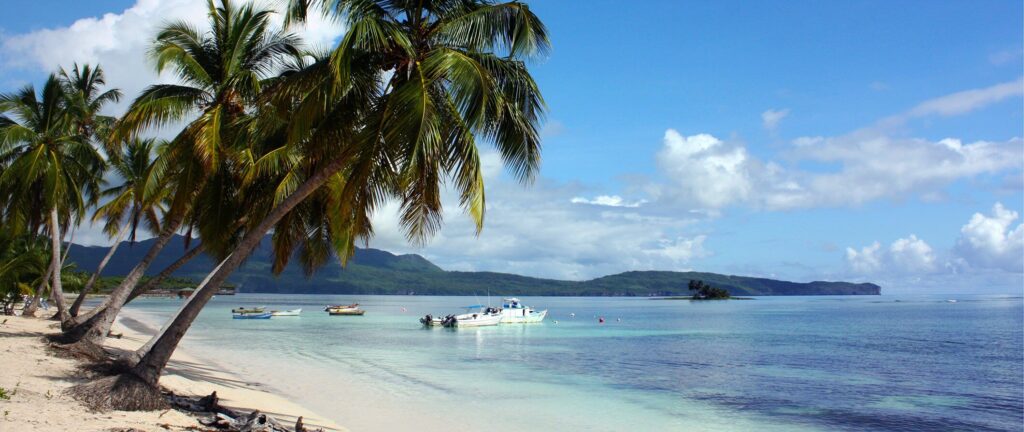
This image is property of www.nomadicmatt.com.
Being Aware of Common Diseases
Recognizing Symptoms of Malaria
Malaria is a mosquito-borne disease prevalent in many tropical destinations. Understanding its symptoms can enable early recognition and prompt treatment. Symptoms of malaria typically include fever, chills, headache, muscle aches, and fatigue. If you experience these symptoms within a few weeks of returning from a tropical destination, seek medical attention immediately and mention your recent travel history.
Understanding Dengue Fever
Dengue fever is another mosquito-borne disease common in tropical areas. Its symptoms include high fever, severe headache, joint and muscle pain, rash, and fatigue. In severe cases, it can lead to dengue hemorrhagic fever, a potentially life-threatening condition. To prevent dengue fever, protect yourself from mosquito bites and eliminate mosquito breeding grounds by emptying standing water sources.
Knowing the Signs of Chikungunya
Chikungunya is yet another mosquito-borne disease widespread in tropical regions. Its symptoms are similar to those of dengue fever and include fever, joint pain, headache, muscle pain, rash, and fatigue. Like in the case of dengue fever, prevention lies in minimizing mosquito bites and eliminating stagnant water sources.
Conclusion
Preventing illness in tropical destinations is possible with proper preparation and adopting preventive measures. Getting the necessary vaccinations, researching local health risks, and packing a first aid kit are essential steps before traveling. Safe food and water practices, protecting against insects, staying hydrated, maintaining personal hygiene, and practicing sun protection are important preventive measures to follow during your trip. Avoiding contaminated environments, managing stress and fatigue, and being aware of common diseases will further contribute to keeping you healthy and enjoying a memorable tropical vacation. With these precautions in mind, you can relax and fully immerse yourself in the beauty and wonders of tropical destinations while staying in good health.

